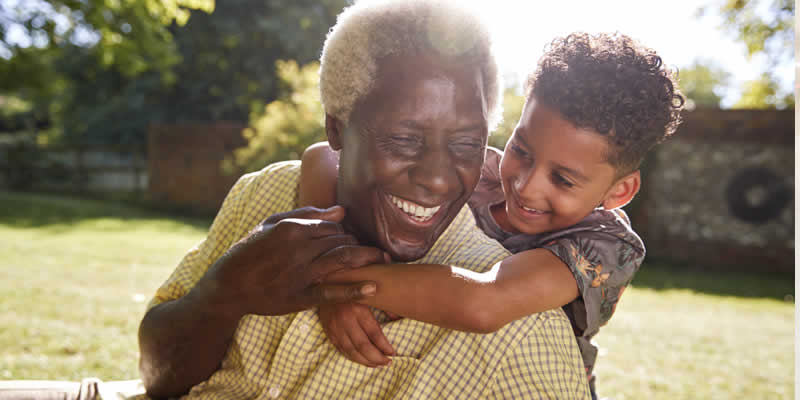A positive outlook is more likely to lead to healthy outcomes in old age, research has suggested.
According to a team from Oregon State University (OSU) the brain is a powerful organ which, if harnessed correctly, could help improve long-term health.
Study co-author Shelbie Turner, a doctoral student in OSU’s College of Public Health and Human Sciences, said: “How we think about who we’re going to be in old age is very predictive of exactly how we will be.”
- Older people who socialise are ‘less likely to develop dementia’
- Diabetes, older age and COVID-19 in pregnancy increases death risk factor
This is not the first research has been carried out on the power of the mind and how it might affect our physical selves.
Previous ageing studies have found that the way people think about themselves at the age of 50, largely predicts how they will end up when they reach theirs 80s.
Karen Hooker, co-author of the study and the Jo Anne Leonard Petersen Endowed Chair in Gerontology and Family Studies at OSU, added: “Previous research has shown that people who have positive views of aging at 50 live 7.5 years longer, on average, than people who don’t.”
- Excessive sleepiness linked to higher health risks in older people
- Low carbohydrate diet can help over 50s to improve HbA1c, lipid profiles and blood pressure
The research team working on this study wanted to further investigate how important self-perceptions are to people and their health.
They looked at how a person’s perceived ability of themselves and the need to become the person they want to be in the future influenced each individual. They also looked at optimism as a general personality trait.
They found that high optimism was associated with more positive self-perception of aging. Ageist stereotypes also impacted how people saw themselves.
Ms Hooker said: “Kids as young as 4 years old already have negative stereotypes about old people. Then, of course, if you’re lucky enough to live to old age, they eventually apply to you.
- Brits urged to stop ‘soldiering on’ when they become unwell
- Weight loss surgery could help older people control type 2 diabetes
“People need to realize that some of the negative health consequences in later life might not be biologically driven. The mind and the body are all interwoven.
“If you believe these bad things are going to happen, over time that can erode people’s willingness or maybe even eventually their ability to engage in those health behaviours that are going to keep them as healthy as they can be.”
Ms Turner added: “The more you’re around older people, the more you realise that it’s not all bad. Older people can do some things better than young people do. Increasing opportunities for intergenerational relationships is one way we can make people more optimistic about aging.”









